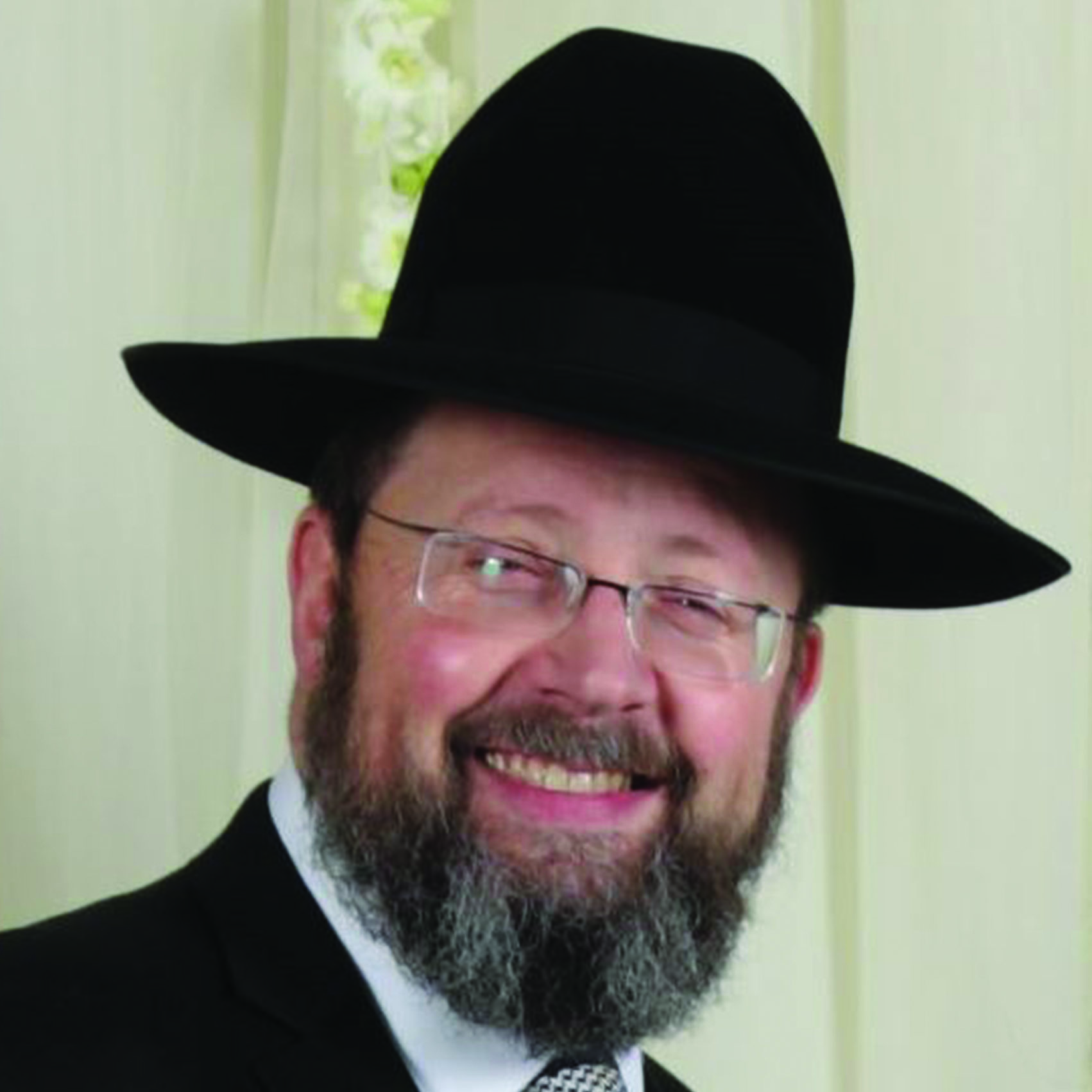Without Doubt

For us absolutists, masorati is just plain wrong

WEfrum Yidden are absolutists. We believe with absolute certainty that there is one Hashem Who revealed Himself to Klal Yisrael at Har Sinai, Who gave us instructions through His Torah that we must observe. In all this, there is no wriggle room whatsoever.
The very opposite of absolutism is moral relativism, the idea that there is no universal or absolute set of moral principles, but rather “To each his own,” and “Who am I to judge?”
“Okay?” you say. “And your point is?”
Hang on. I’ll get to it.
For whatever reason, we humans are drawn toward artists, and most powerfully toward singers. The youth, particularly, tend to idolize them and worship them. The back pages of this very magazine testify to this phenomenon and in fact have come — and not without merit — under some criticism for feeding this tendency.
Why this idolization? Evidently there is a subconscious desire to venerate someone who seems particularly talented, rich, popular, or powerful. By adoring them, we somehow associate with them and feel part of their lives. But hero-worship may also lead to a subliminal desire to emulate the hero. Now, generally, this feeling is relatively harmless. If your son idolizes a baseball player, the gap between the ballplayer’s life and your son’s is so vast that there is no real concern he will seek to mimic his hero’s lifestyle (though this idolization may lead to an issur of lo sechaneim).
Which brings me to my point.
Israeli pop music is becoming increasingly popular in our circles, and that is not my issue. “Al taam v’reiach, ein l’hitvakeiach” — there’s no accounting for taste. There is undoubtedly a world of talent that exists in that genre. But to celebrate an Israeli pop singer who identifies as masorati, and generally does not don a yarmulke, is crossing a red line.
A masorati literally means a traditionalist. It refers to the many Jews in Israel who view themselves as somewhere between religious and secular. In general, they observe the mitzvos that serve as symbols of tradition (Shabbos, the Yamim Tovim), but do not adhere to the strictures of halachah. Their motivation for observing these mitzvos is an appreciation of the culture of Judaism and the feeling of belonging to the Jewish People that these mitzvos provide. They are cultural Jews, not religious Jews.
Now, this is somewhat of an oversimplification, because in fact, many of them struggle with belief to various degrees. In fact, there is a singer who advertises his spiritual struggle in his songs in a most eloquent and engaging way [one of his popular songs is “Bein Kodesh l’Chol Ani Chai” ) — but that is the problem. It is this very celebration of ambiguity that is problematic. The angst associated with this ambiguity seems so “authentic,” so real and raw, so sophisticated, and thus for some, so attractive. Black and white seem so pedestrian.
But for us absolutists, masorati is just plain wrong. The blurring of truth and falsehood is what makes Open Orthodoxy much more dangerous than Reform.
The specter of frum Yidden, particularly the youth, attending a concert — even one with separate seating — cheering and applauding a singer whose life message is “I’m not sure,” whose ambiguity is his definition, and who clearly is not fully committed to Torah u’mitzvos, should be deeply disturbing to any frum Yid. The issue of our youth coming to idolize a masorati singer carries a risk of justifying him as a person, of adopting a relativistic attitude: “I have my truths, and he has his.”
This is no small deal. Sure, we must be emotionally understanding of other people’s struggles, but when it comes to emunah v’deios, we must be particularly vigilant. Listening to his songs is one thing, but attending a concert where he is a featured singer crosses a red line.
One man’s opinion.
Rabbi Avrohom Neuberger is the rav of Kahal New City and the author of Positive Vision, a Chofetz Chaim Heritage Foundation project (ArtScroll/Mesorah)
(Originally featured in Mishpacha, Issue 1039)
Oops! We could not locate your form.







